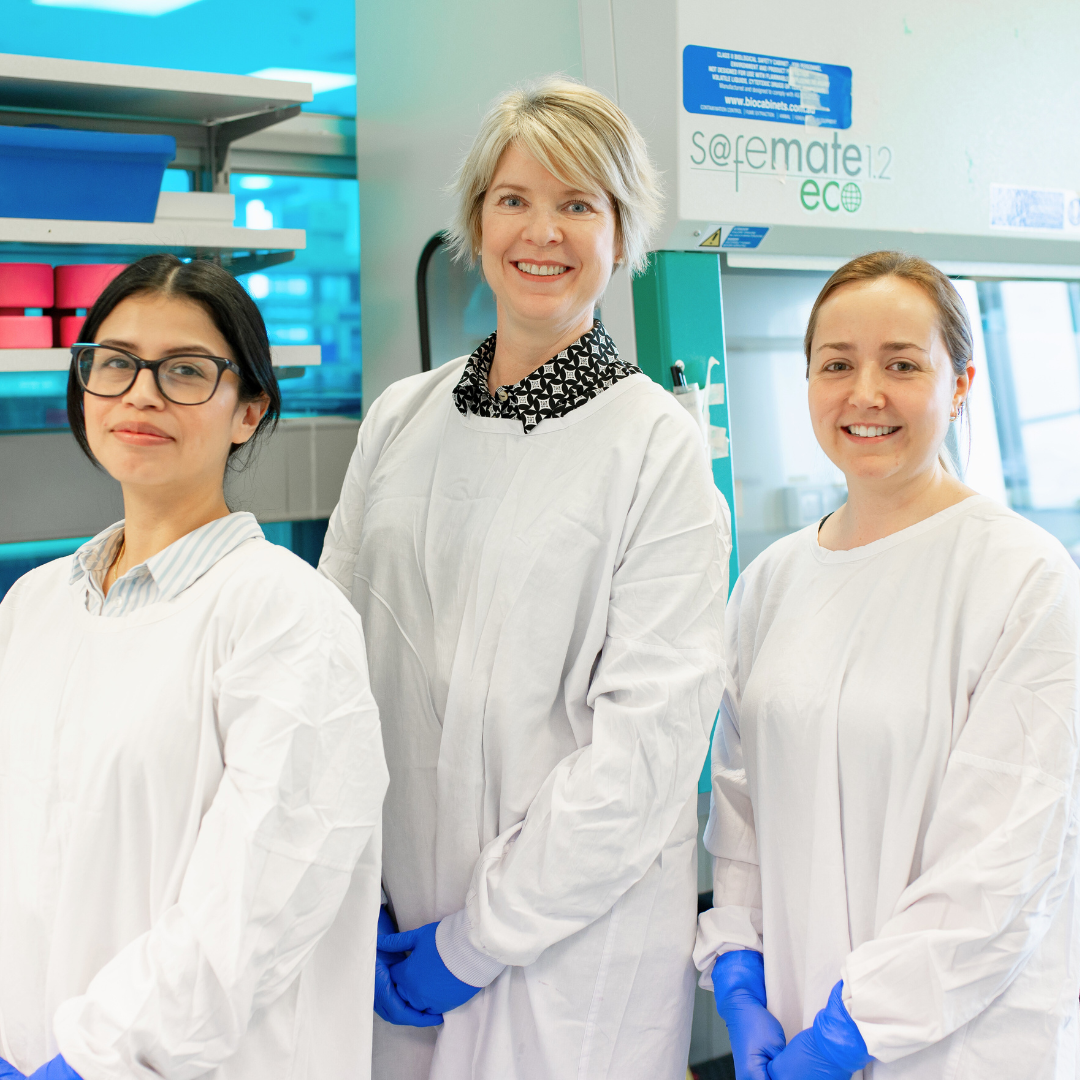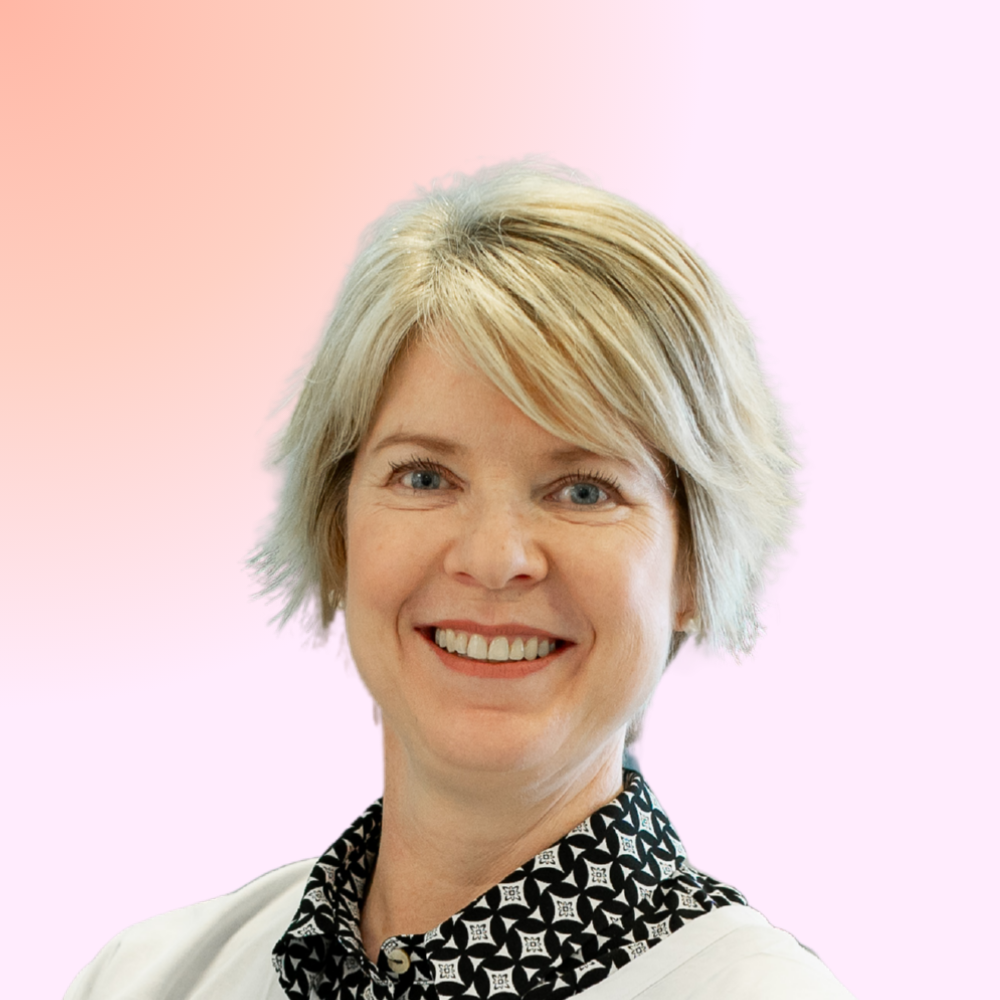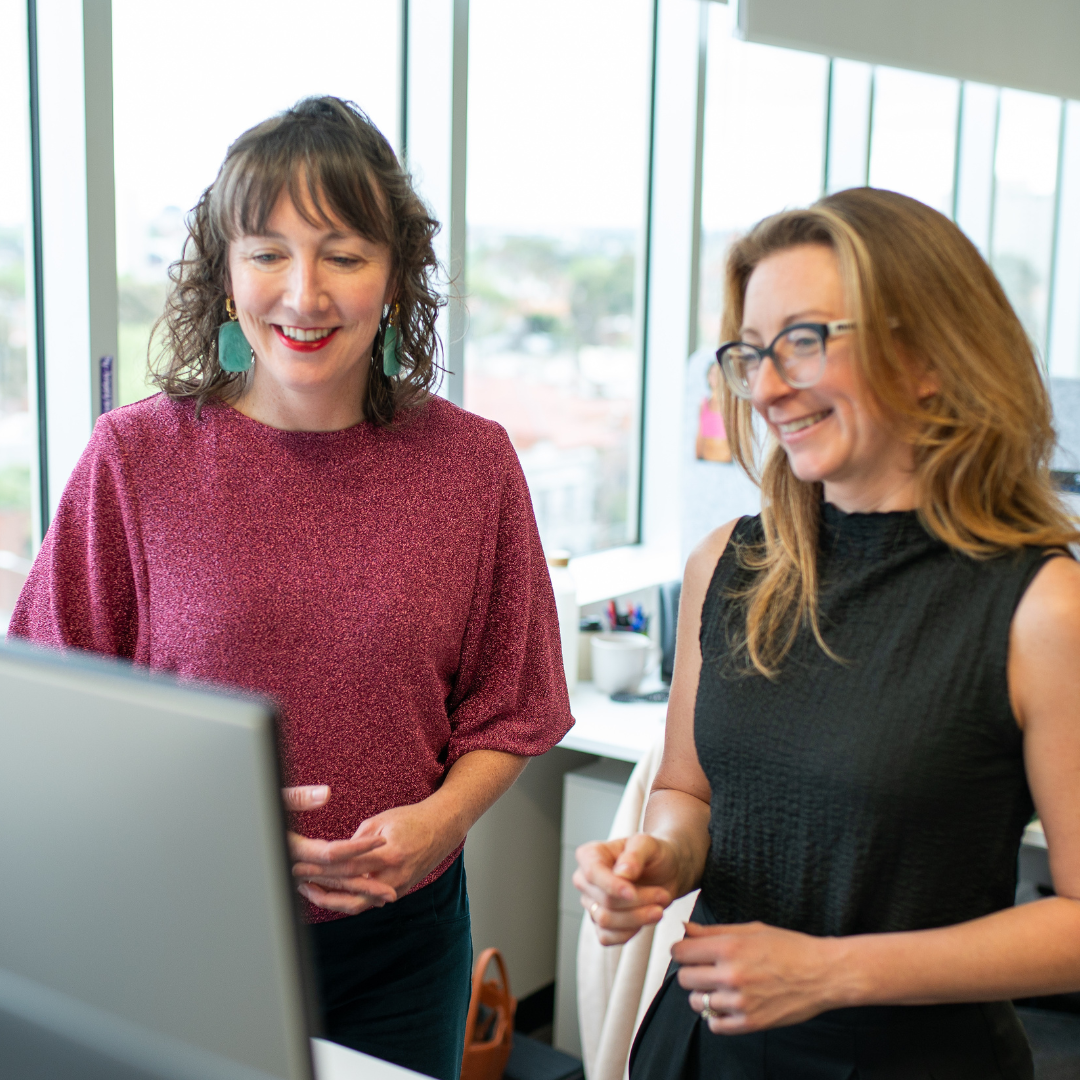Children’s Cancer Centre Biobank
Collecting, processing, storing and distributing important patient samples.

The challenge
In Australia, cancer is the leading cause of disease-related death in childhood. The spectrum of tumours arising in childhood is fundamentally different to that seen in adults in terms of their cellular composition, genetic complexity and treatment response. Rapid advances in care have resulted in increased survival, but intensive treatments cause substantial late-effects and risk of mortality during survivorship. It is essential that we collect biospecimens to support clinical trials and translational research to develop more effective, safer, and targeted therapies.
Advances in patient care rely on the availability of specimens obtained in the operating theatre or in the clinic during the course of clinical investigation and treatment. Many researchers are limited in studying paediatric cancers due to the lack of access to high-quality samples for experimentation. Paediatric tumours are rare, and obtaining bankable quality tumour material for research is often problematic. These barriers can be overcome with robust biobanking facilities that can collect, process, store, and disseminate high-quality, well-documented cancer tissue specimens.
The research
To address this challenge, Children’s Cancer CoLab provided eight months of funding to support the Children’s Cancer Centre Biobank to continue collecting, processing, and distributing patient samples towards clinical care, clinical trial applications and translational research.
The impact
The Children’s Cancer Centre Biobank supports diagnostic testing and provides samples for translational research, precision medicine and clinical trials. Since its inception, 20,000 primary specimens from over 2,000 participants have been collected.
Key achievements over the eight-month funding timeframe include:
• 120 participants consented to specimen and data collection
• 55% of these specimens were used in 15 translational research projects
• 80% participation in clinical trials for patients contributing samples to the biobank
• 3 translational research publications investigating neuroblastoma, leukaemia and glioblastoma
• 3 conference presentations researching retinoblastoma, neuroblastoma and leukaemia.
Thanks to the Children’s Cancer Centre Biobank, children with cancer have accessed cutting-edge treatments through major international clinical trials, including those run by St Jude Children’s Research Hospital, known for its success in treating childhood leukaemia and medulloblastoma. By enrolling patients in these trials, the Biobank strengthens partnerships with global research organisations, leading to better care and more opportunities for children to benefit from the latest medical advances.
Children's Cancer CoLab Funding Information
Grant/s Awarded (Total): $335,000
Project Timeline: July 2024 to February 2025
Impact Program: Innovation Accelerators
Scientific Review: Children’s Cancer CoLab Scientific Advisory Committee
Lead Institution: Murdoch Children’s Research Institute
Collaborating Institutions: Royal Children’s Hospital
Lead Researcher: Prof David Eisenstat
Team members: Dr Louise Ludlow and Elena Fernandez
Contact us to find out more about this project
Articles featuring
Children’s Cancer Centre Biobank
Read our latest news
More Funded Projects
Grant Funding
Our program funding is allocated through a competitive process underpinned by robust expert review. We adopt scientific rigour to evaluate each proposal’s potential for impact and alignment with identified childhood cancer research and care priorities.





